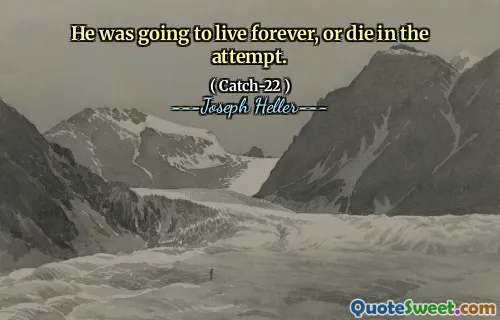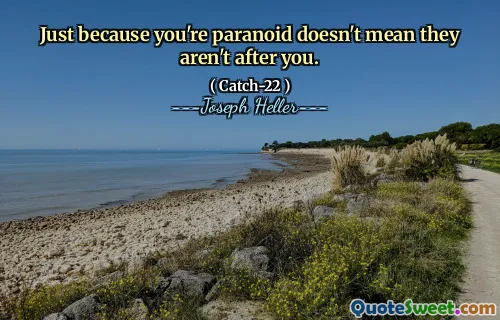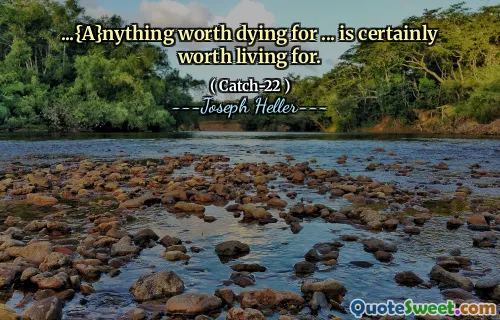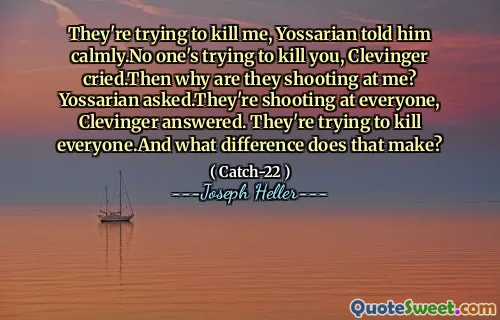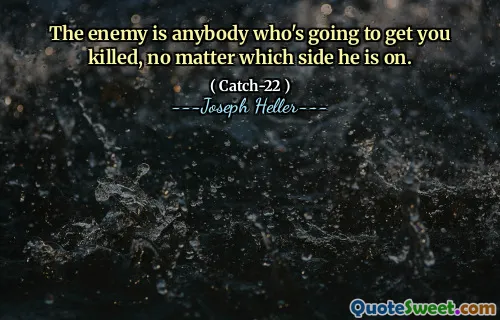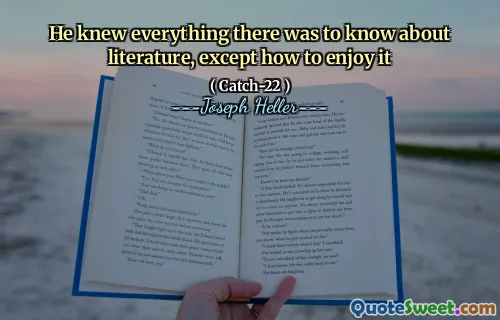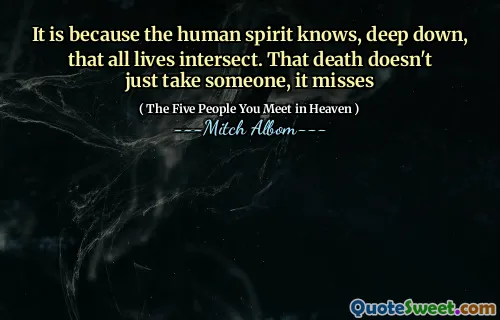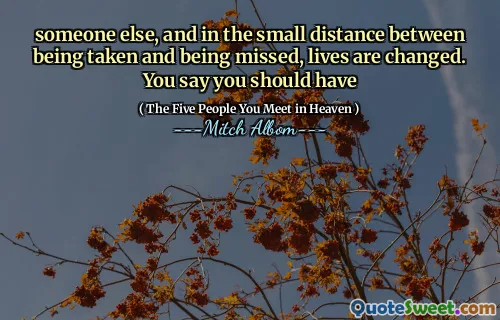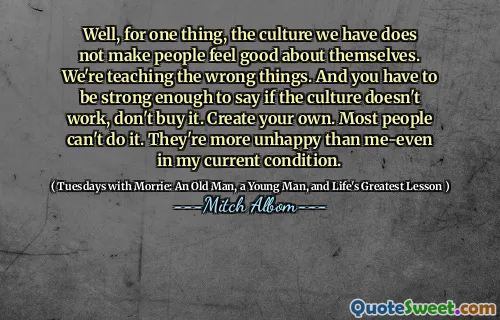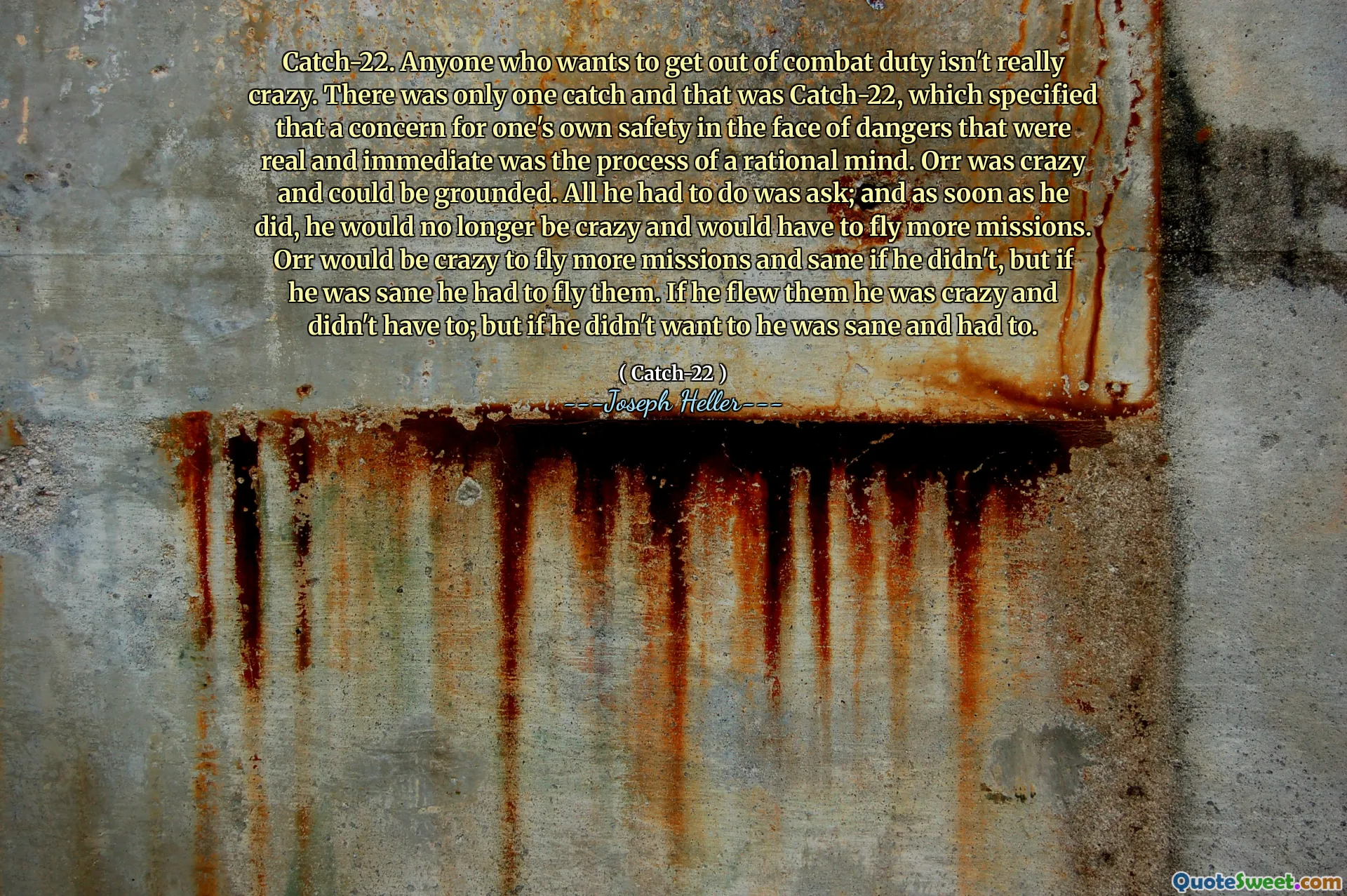
жҚ•иҺ·22гҖӮд»»дҪ•жғіж‘Ҷи„ұжҲҳж–—иҒҢиҙЈзҡ„дәәйғҪдёҚдјҡзңҹзҡ„з–ҜзӢӮгҖӮеҸӘжңүдёҖдёӘжё”иҺ·йҮҸпјҢйӮЈжҳҜжҚ•иҺ·22пјҢе®ғжҢҮеҮәпјҢйқўеҜ№зҺ°е®һе’ҢзӣҙжҺҘзҡ„еҚұйҷ©пјҢдәә们еҜ№иҮӘе·ұзҡ„е®үе…ЁжҳҜдёҖдёӘзҗҶжҖ§жҖқжғізҡ„иҝҮзЁӢгҖӮеҘҘе°”еҫҲз–ҜзӢӮпјҢеҸҜиғҪиў«жүҺж №гҖӮд»–иҰҒеҒҡзҡ„е°ұжҳҜй—®гҖӮдёҖж—Ұд»–иҝҷж ·еҒҡпјҢд»–е°ҶдёҚеҶҚз–ҜзӢӮпјҢдёҚеҫ—дёҚжү§иЎҢжӣҙеӨҡзҡ„д»»еҠЎгҖӮеҰӮжһңд»–дёҚиҝҷж ·еҒҡпјҢеҘҘе°”дјҡз–ҜзӢӮең°й©ҫ驶жӣҙеӨҡзҡ„д»»еҠЎе’ҢзҗҶжҷәпјҢдҪҶжҳҜеҰӮжһңд»–зҗҶжҷәпјҢд»–е°ұеҝ…йЎ»й©ҫ驶е®ғ们гҖӮеҰӮжһңд»–йЈһдәҶ他们пјҢд»–е°ұз–ҜдәҶпјҢдёҚеҝ…иҝҷж ·еҒҡгҖӮдҪҶжҳҜпјҢеҰӮжһңд»–дёҚжғіи®©д»–зҗҶжҷәпјҢе°ұеҝ…йЎ»иҝҷж ·еҒҡгҖӮ
(Catch-22. Anyone who wants to get out of combat duty isn't really crazy. There was only one catch and that was Catch-22, which specified that a concern for one's own safety in the face of dangers that were real and immediate was the process of a rational mind. Orr was crazy and could be grounded. All he had to do was ask; and as soon as he did, he would no longer be crazy and would have to fly more missions. Orr would be crazy to fly more missions and sane if he didn't, but if he was sane he had to fly them. If he flew them he was crazy and didn't have to; but if he didn't want to he was sane and had to.)
зәҰз‘ҹеӨ«В·жө·еӢ’пјҲJoseph HellerпјүеңЁгҖҠжҚ•иҺ·22гҖӢдёӯиҜҙжҳҺдәҶдёҖдёӘжӮ–вҖӢвҖӢи®әзҡ„жҰӮеҝөпјҢиҜҘжӮ–и®әдҪҝдёӘдәәеңЁзҹӣзӣҫзҡ„жғ…еҶөдёӢпјҢе°ұе…¶зҗҶжҷәе’Ңд№үеҠЎеӣ°жү°гҖӮи§’иүІORRдҪ“зҺ°дәҶиҝҷдёҖеӣ°еўғгҖӮиҜҘ法规жң¬иҙЁдёҠеқҡжҢҒи®ӨдёәпјҢеЈ«е…өеҝ…йЎ»иЎЁзҺ°еҮәзјәд№ҸеҜ№иҮӘе·ұзҡ„е®үе…ЁжҖ§зҡ„е…іжіЁпјҢеӣ дёә他们被и®ӨдёәжҳҜз–ҜзӢӮиҖҢдёҚйҖӮеҗҲжҲҳж–—зҡ„гҖӮдҪҶжҳҜпјҢеҪ“дәә们и®ӨиҜҶеҲ°еҚұйҷ©е№¶еҜ»жұӮж•‘жөҺзҡ„йӮЈдёҖеҲ»пјҢе®ғ们被и®ӨдёәжҳҜзҗҶжҷәзҡ„пјҢеҝ…须继з»ӯеҸӮеҠ еҚұйҷ©зҡ„д»»еҠЎгҖӮ
иҝҷеҲӣйҖ дәҶдёҖдёӘиҚ’и°¬зҡ„еҫӘзҺҜпјҢйҒҝе…ҚеҚұйҷ©зҡ„ж„ҝжңӣзӯүеҗҢдәҺзҗҶжҷәпјҢдҪҶжүҝи®Өж¬Іжңӣйҳ»жӯўдәҶдёҖдёӘдәәйҖғйҒҝйЈһиЎҢд»»еҠЎзҡ„еҚұйҷ©гҖӮжө·еӢ’пјҲHellerпјүеҜ№иҝҷз§ҚжҚ•жҚүзҡ„жҸҸз»ҳе°ҒиЈ…дәҶжҲҳдәүзҡ„дёҚеҗҲйҖ»иҫ‘е’Ңе®ҳеғҡжҖ§пјҢеҸҚжҳ дәҶдәәзұ»жҺЁзҗҶзҡ„жӣҙе№ҝжіӣзҡ„еӨҚжқӮжҖ§д»ҘеҸҠиў«еӣ°еңЁеҰӮжӯӨз«ҷдёҚдҪҸдёӢзҡ„жғ…еҶөдёӢжүҖйқўдёҙзҡ„зі»з»ҹжҖ§жҢ‘жҲҳгҖӮ
